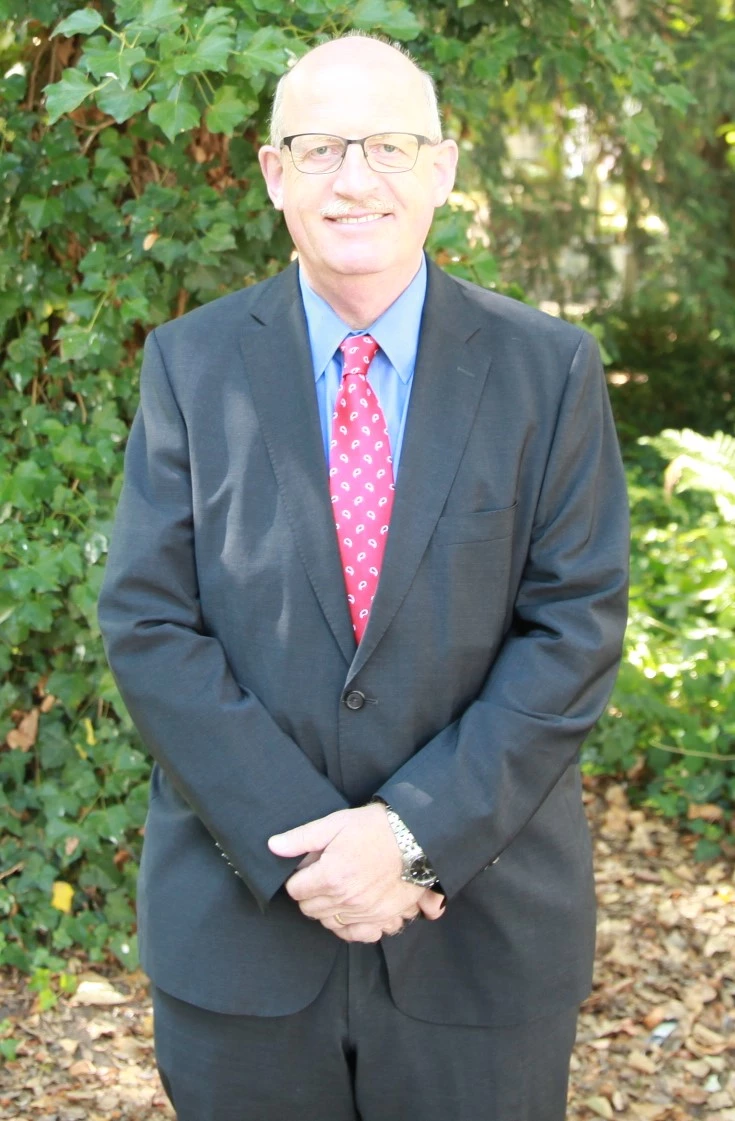
Partner Article
Your ABCs are Still the Building Blocks of a STEM Powered Future
On Friday, it’s International STEM Learning Day and children across the country will be reminded of the importance of the STEM subjects. STEM is a real buzz word in the education sector at the moment and it seems to be its answer to everything. Many educators and policy makers increasingly argue that more and more areas of education should focus on STEM, to future-proof our kids for a world that seems to be ever more technology driven. But what does STEM actually mean, and is it really the answer to everything?
STEM stands for Science, Technology, Engineering and Mathematics. These are the top-line subjects that make up the acronym, but a wide range of specific academic disciplines such as Chemistry, Astronomy, Statistics, Biology, Electrical Engineering and Psychology all fall under STEM.
The term was first used in America when business leaders noticed a lack of qualified graduates applying for high-tech jobs. This quickly fed into the political arena, with the US government realising it had a shortage of STEM students and this was affecting economic growth. American policymakers quickly decided they needed to do more to encourage people to take STEM subjects. This realisation spread across the world and soon governments and universities all found themselves taking part in a global race to give priority to STEM students. Many nations have gone as far as making it easier for STEM students to immigrate to their countries.
The realisation that STEM educated students can play such an important part in economic growth has coincided with the technological revolution, which only seems to grow faster and faster. In the future, those educated in STEM subjects are likely to be even more important to the economy and will find it easier to integrate into a world where we increasingly adopt AI, automation and robotics into our daily lives. Truly the world will become increasingly STEM powered.
However, this does not mean the end of the humanities and arts subjects being taught, far from it! I believe that the best education is a rounded education and I would argue that that Humanities are in fact some of the key building blocks of learning and crucial for bringing STEM subjects to life for people. While the STEM subjects teach students the established scientific facts, the Humanities and Arts help them to not only communicate these concepts more widely, but also to question and debate, sometimes even what they think are unquestionable truths.
It’s this combination that I believe will create the right education mix for the future. As society moves forward, we need to be ever more aware of the STEM subjects. But that doesn’t mean forgetting the classics of the English language. Who would want to live in a world without Shakespeare or Dickens and our rich literary heritage?
As we move towards a more technologically advanced future, we must recognise the power of STEM learning and its potential to equip our children with the skills they will undoubtedly need in the world of the future. But I also believe we will need ethics and reason more than ever and these come from the Humanities and Arts.
The future is incredibly exciting and I would urge students to look into the STEM subjects. But at the same time I would tell them to keep a copy of the combined works of Shakespeare on their shelves and always remember their ABCs.
This was posted in Bdaily's Members' News section by Andrew Hobbs .
Enjoy the read? Get Bdaily delivered.
Sign up to receive our popular morning London email for free.








 Raising the bar to boost North East growth
Raising the bar to boost North East growth
 Navigating the messy middle of business growth
Navigating the messy middle of business growth
 We must make it easier to hire young people
We must make it easier to hire young people
 Why community-based care is key to NHS' future
Why community-based care is key to NHS' future
 Culture, confidence and creativity in the North East
Culture, confidence and creativity in the North East
 Putting in the groundwork to boost skills
Putting in the groundwork to boost skills
 £100,000 milestone drives forward STEM work
£100,000 milestone drives forward STEM work
 Restoring confidence for the economic road ahead
Restoring confidence for the economic road ahead
 Ready to scale? Buy-and-build offers opportunity
Ready to scale? Buy-and-build offers opportunity
 When will our regional economy grow?
When will our regional economy grow?
 Creating a thriving North East construction sector
Creating a thriving North East construction sector
 Why investors are still backing the North East
Why investors are still backing the North East